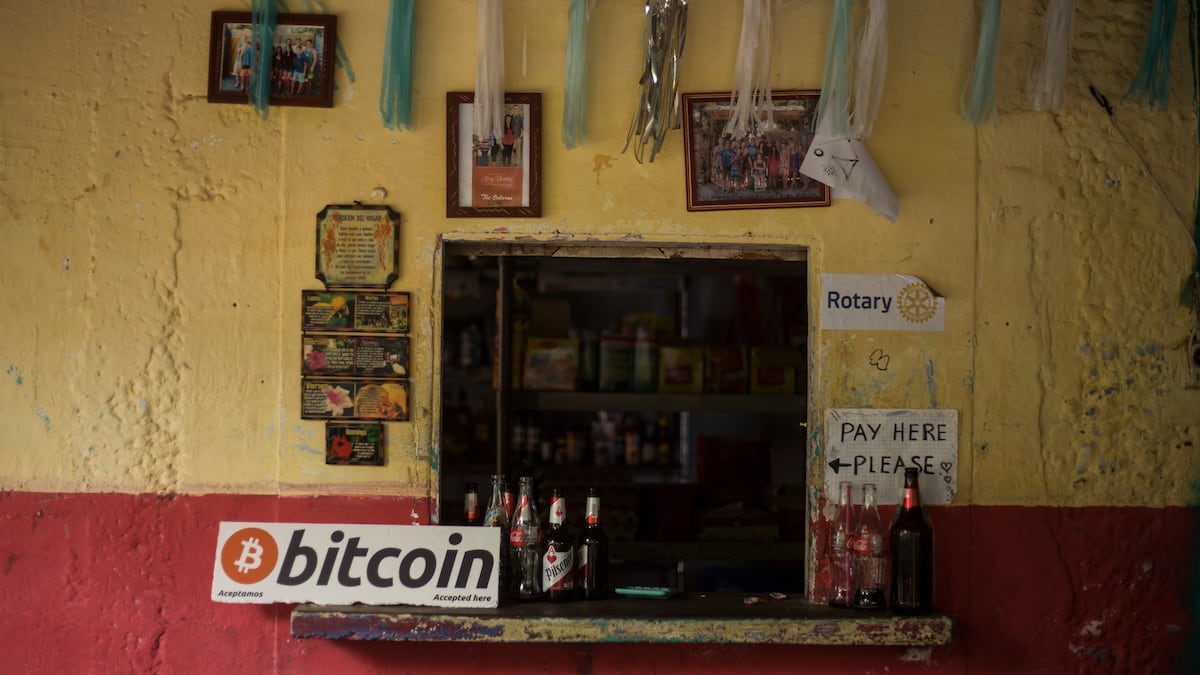Back in the eye of the hurricane nonstop for more than five years. El Salvador’s government announces the adoption of Bitcoin as a legal currency and talk Basel Convention Regulatory Proposal They once again brought to the table the complexity of defining the playing field for digital currencies and crypto assets. International coordination is increasingly necessary. The strong growth of this type of currency and asset – an obvious risk – has stormed the investment markets in the past decade. The lack of a definition of the regulatory framework that provides these markets and platforms with greater guarantees is fueling interest and controversy.
more information
The case of El Salvador is typical. First, because it was precisely last week, after the announcement, that Bitcoin suffered a sharp 14% correction. It is betting on a country as a testing ground, as one of the future “cradles” of Bitcoin. It could encourage other digital investments in the future. In theory, this would be in the interest of a country with a high level of poverty and limited growth potential. Although the world is for the brave, there are also myriad dangers in this lab test. In the first place, the adoption of a third country currency – such as the US dollar – or a decentralized digital currency not backed by any central bank, reduces the room for maneuvering of fiscal and monetary policies. The impact on balance sheets and debt – already in the category of “junk bonds” – is unpredictable. It generates great skepticism and speculative potential. Also, bitcoin does not work well as a means of payment. It is very likely that Salvadoran families, with low levels of financial education, are not well aware of the implications of such a volatile and opaque instrument. Not to mention that it is used as a tool for conducting everyday transactions.
Part of the problem is the lack of specific and sufficient international regulation. As (almost) always, regulation seems to start with the banking system. The Basel Committee on Banking Supervision has made a proposal to regulate operations using “crypto” for financial entities that wish to have these instruments on their balance sheet, and in which require special resource requirements as stringent as those of non-performing loans. . The discontent of a large part of the banks is obvious, as it limits the prospects for competition with new technological operators. If bitcoin, ethereum and the like are so dangerous, what is required is that these assets be regulated, beyond banking. Let’s not forget that it arouses the interest of all kinds of investors, big and small, individuals and institutions. They are complex tools, especially for those who do not understand how they work. Therefore, it makes no sense that senior specialists in evaluating investments and the corresponding risks are dealt with more difficult than the rest. It’s time to take a step forward together and better understand the great possibilities and risks that the tools are based on”blockchain‘, so as not to become a great opportunity for ‘oneself who can’.





